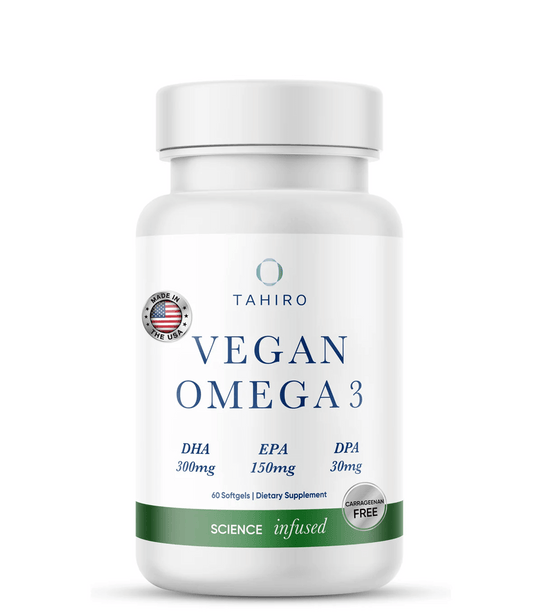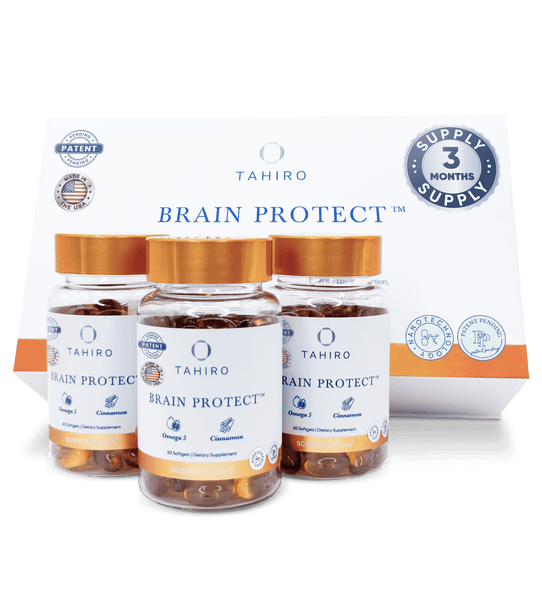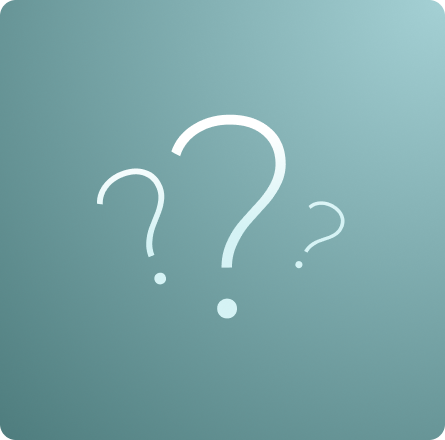Nowadays, we all value the importance of mental sharpness and wellness. We often find ourselves in the pursuit of activities that help boost cognitive fitness.
One activity that has stood the test of time to help improve brain function is the humble crossword puzzle. But are crossword puzzles a genuinely good way to help train your brain? Or is it just a hoax?
In this article, we point out the cognitive benefits of crossword puzzles. We will explore how they affect brain function and why they may be your new favorite brain-boosting activity.
What Do Crossword Puzzles Do For The Brain?
Crossword puzzles engage several parts of the brain through a combination of clues, patterns, and wordplay.
When you solve a crossword puzzle, you are not just filling in the blanks. You activate your neurons, form connections, and exercise critical thinking skills. The act of recalling information, applying logic, and recognizing patterns all contribute to a hearty mental workout.
A 2022 study showed that older adults who did daily crossword puzzles had better cognitive function than those who only played cognitive exercises (1). Crossword puzzles may have a superior advantage for improved brain function.
Why Are Crosswords Good For Your Brain?
Crosswords are good for the brain because they promote active engagement with language and memory. Unlike passive activities like watching TV, solving crossword puzzles requires continual thought and analysis.
This engagement helps keep the brain agile, fostering an environment where cognitive functions can thrive and improve over time. Additionally, crosswords offer a challenge that is both enjoyable and rewarding, making it more likely that individuals will stick with the habit.
How Do Crossword Puzzles Help Your Brain
There are five main ways in which crossword puzzles can help your brain. Let’s take a closer look at each one.
1. Improved Memory
Engaging with crosswords can enhance both short-term and long-term memory. Recalling specific words and details from your vocabulary forces the brain to access and use stored information, thereby strengthening memory retention.
2. Reduced Cognitive Decline
Research shows that regular mental challenges, like crossword puzzles, may delay the onset of cognitive decline (2). By keeping the brain engaged, crosswords help maintain neurological health, potentially reducing the risk of brain conditions such as dementia and Alzheimer’s.
3. Better Problem-Solving Skills
Crosswords require critical thinking and problem-solving skills. As solvers, we must interpret clues and fit words into specific patterns. This practice enhances communication skills, making you more articulate and effective in expressing ideas.
4. Verbal Skills and Vocabulary
Crosswords introduce solvers to new words and phrases, expanding the vocabulary and improving verbal skills. This increased linguistic ability can enhance communication skills, making you more articulate and effective in expressing ideas.
5. Stress Relief and Mental Wellbeing
Finally, solving crosswords can be relaxing, providing a sense of achievement and satisfaction. This positive reinforcement can improve mental wellness, reduce stress, and create a more balanced mental state.
Benefits of Crossword Puzzles
So, as you can see, crossword puzzles are more than just a fun activity to keep you occupied. They offer several health benefits. Here are the top benefits of crossword puzzles.
-
Enhanced memory function. Regularly solving crosswords challenges your brain to remember, recall, and recognize words and patterns, strengthening memory-related neural connections.
-
Cognitive reserve building. Crosswords contribute to building cognitive reserve, which is a concept that refers to the brain’s ability to improvise and find alternate ways of completing a task. A strong cognitive reserve can eventually compensate for age-related cognitive decline.
-
Improved focus and attention. Crosswords demand focused attention and concentration, which can help improve these faculties over time. This improved focus can then translate to better attention spans in other areas of life.
-
Linguistic precision. Crosswords promote linguistic precision by expanding your vocabulary and improving your grasp of language. This can be beneficial in both professional and personal communication.
- Critical thinking development. The process of deciphering clues, understanding nuances, and fitting pieces together can stimulate critical thinking and analytical skills, which can help improve problem-solving skills in several contexts.
-
Delay in cognitive aging. Engaging in mentally stimulating activities like crossword puzzles has been linked to a delay in cognitive aging, helping to keep the mind youthful and vibrant.
-
Emotional satisfaction. Let’s be honest. You probably feel amazing after finishing a challenging crossword puzzle. This emotional uplift can contribute to overall mental health and well-being.







